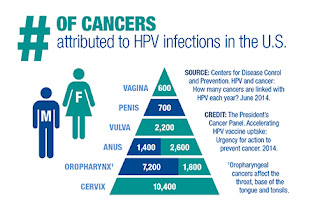How your thoughts affect your health
If
you’ve ever felt your heart pound prior to a big presentation or your face warm
after saying something embarrassing, then you’re already familiar with how
powerful that thoughts can be on the body. The “nocebo” effect (“I will harm”)
and the “placebo” effect (“I will please”) have been regarded as such powerful
forces that credible scientific research often require control groups to rule
out results that may have been altered by them. Studies have shown time and time
again that the effects of the mind over our bodies are profound. So the
question arises; what implications does this have on our health?
When
thinking negative thoughts, we can cause our bodies to release chemical signals
that do harm. In a 1997 study conducted by neurophysiologist Fabrizio Bendetti,
consenting patients were injected with normal saline but told that it was a
pain-triggering medication. Some of those patients also received anti-anxiety
drugs to block negative thoughts. Only the group that did not receive the
anti-anxiety drug reported experiencing pain. This study highlighted the idea
that our thoughts are powerful enough to impact our health in negative ways and
lead to things such as stress and pain. Thoughts are powerful enough to trigger
these experiences even if they would have otherwise not occurred. Although this
can be a scary thought, the opposite is also true.
Thinking
positively can have just as powerful an impact on our health as negative
thought. In a 2004 study conducted by psychologist Dr. Tor D. Wager, patients
who were already suffering from pain conditions were given a plain lotion and
told that it was pain relieving cream. MRI studies indicated that they
experienced natural pain relief from hormones that pain medications are artificially
made to mimic. We all have the power within us to think positively and impact
the overall health of our bodies in this way.
If
you find yourself in a loop of negative thought, strategies exist to stop them.
Try going shopping with your mind! Imagine a grocery store aisle and shop for
things that you like. Occupying yourself with other thoughts can take your mind
in another direction. If this doesn’t help, try reframing your thoughts.
Instead of dwelling on something negative, think about what you’ve learned from
it and how it helped you to grow. Is negative thought becoming a more chronic
issue? Try our Koru Mindfulness meditation classes or our Yoga for Mood groups!
Contact the Health Resource Center by phone at (562)985-4609 or by e-mail at hrc@csulb.edu
for more information.
By
Clara Chang



Comments
Post a Comment